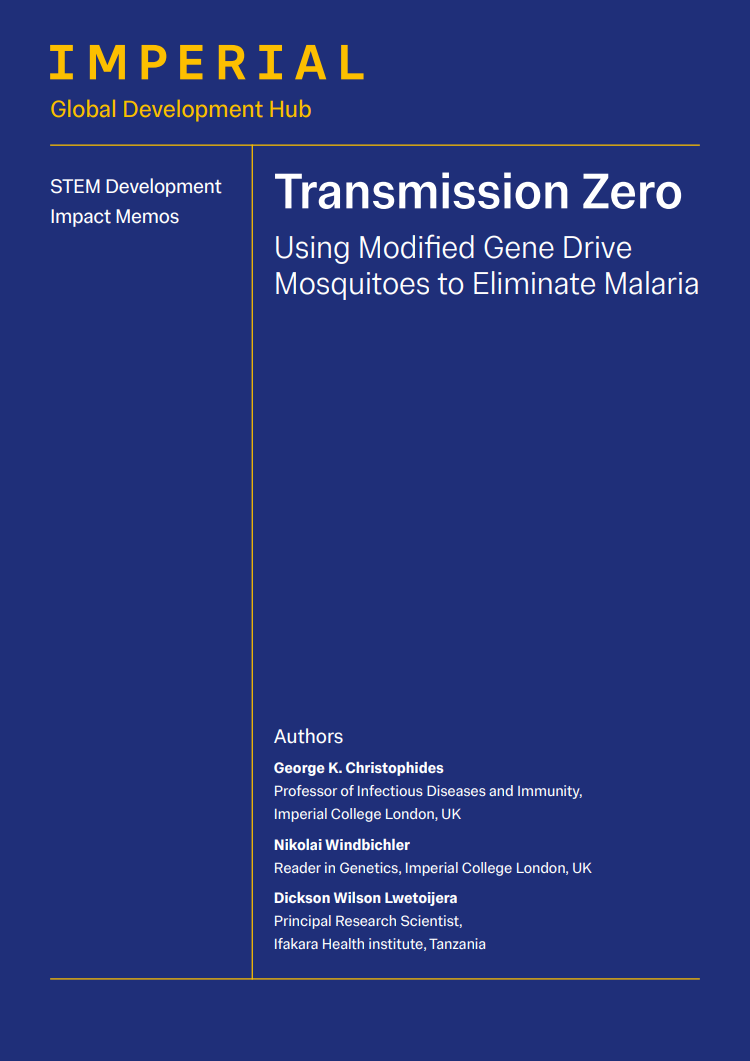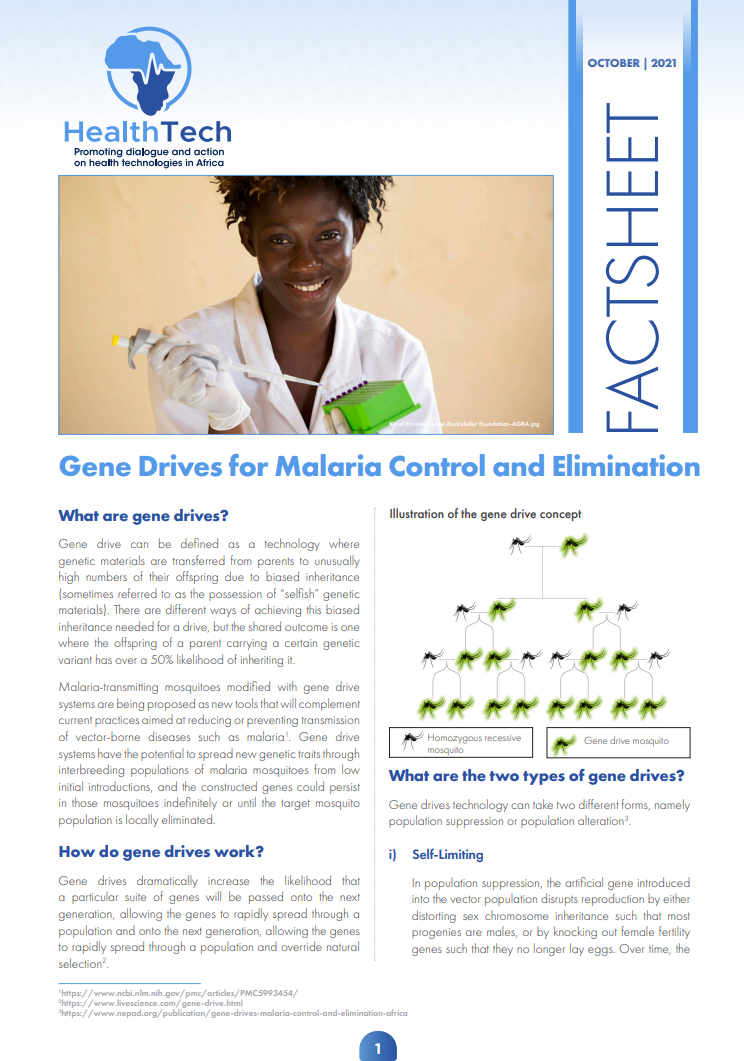Last Updated: 21/08/2024
Development of policy tools to promote malaria infection control: Intervention experiments based on medical and economic knowledge
Objectives
*Original title and text were machine translated from Japanese.
This project aims to build an intellectual policy foundation for suppressing infections in the medium to long term by verifying the effectiveness through research.
This is an interdisciplinary study of medicine and economics to develop policy tools to encourage residents in highly infected areas to take proactive measures against malaria. This is a successor to the policy intervention experiment research that the principal investigators have been conducting in western Kenya, and aims to improve the policy content based on the empirical data obtained from the previous research, and to elevate it to a key tool for malaria control strategies that will be implemented in society in the future. One of the pillars of the policy tool is resident awareness using malaria educational materials developed in-house, and the other is the introduction of an incentive system that rewards residents who do not become infected with malaria.
Sep 2023 — Mar 2026
$157,135

